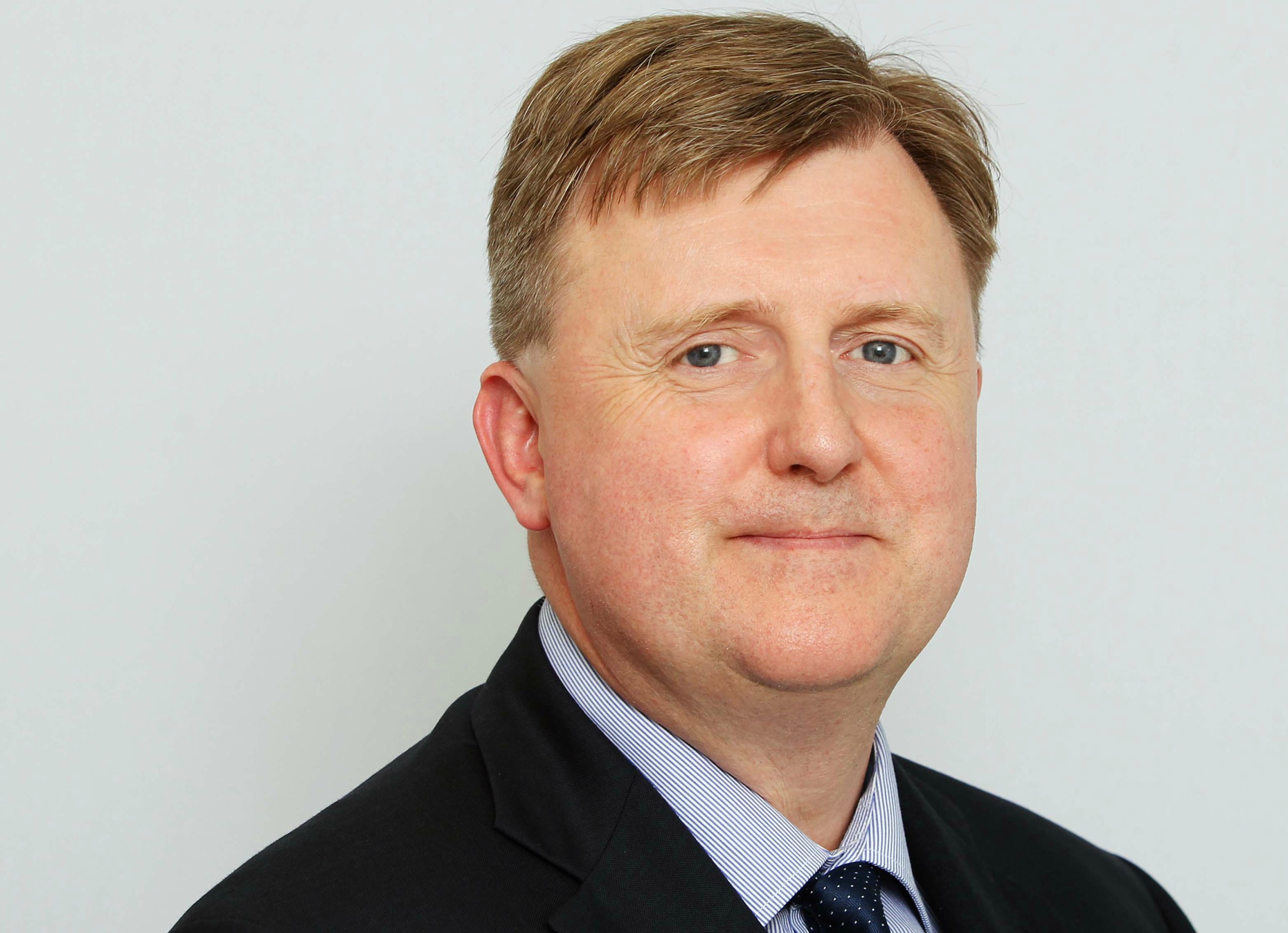We must stop poaching of GPs from other understaffed health systems

The Irish healthcare system and Irish general practice in particular is in trouble. In Ireland there are currently 350 vacant consultant posts – 10% of the total – and some doctors with consultant contracts are not on the specialist register. Meanwhile there are 150 GP vacancies advertised on one website alone. We have over 500,000 patients on hospital outpatient waiting lists and over 150,000 of these are waiting for over a year.
Irish GPs, like our population, are aging and an additional 700 GPs are due to retire over the next five years. We currently train 175 GPs per year in Ireland. Not all of these GPs will work in Irish general practice and not all will work full time. The aging population is also going to bring an increased demand for healthcare. So we have an increasing demand on the system with an impending decreased capacity. The perfect storm.
It is not only our GPs and population who are aging in Ireland. Our GP contract is also 34 years old. It is based on treatment of acute illness and does not allow for the advances in diagnosis and patient management that have evolved over the last 34 years. Imagine your TV 34 years ago and your TV today. Healthcare has evolved just as much, but Irish general practice is still contracted to service a system that existed 34 years ago.
This is not unique to Ireland. There is a worldwide skills shortage in healthcare and we are already losing GPs to Australia, Canada and the Middle East. Last week, I received an email advertising 25 posts in Essex, as part of the NHS drive to recruit 2,000 GPs from overseas over the next two years.
We need to increase capacity in our healthcare systems and use existing capacity more efficiently
An initial inquiry from me has been followed up with professional emails and telephone contacts advising me that the recruitment company will make the process of relocating to the UK as painless as possible. Benefits include a relocation package, paid induction, full visa status ahead of Brexit and help with accommodation and schooling.
Meanwhile in my own practice we have been actively trying to recruit European and South African doctors for the past two years. The NHS recruitment drive worries me. I’m worried that the NHS will successfully recruit our graduates and indeed our experienced GPs. I’m worried that, even with all its difficulties, the NHS brand will make it more difficult for Ireland to recruit from other countries as doctors from overseas may prefer to work within the NHS.
I am a GP trainer with the Irish College of General Practice and only two out of my last six registrars are working full time in Irish general practice. Three have emigrated and one is working part time. When we asked them why they have left Irish general practice they tell us a number of reasons:
1. The Irish healthcare system is dysfunctional and GPs cannot access basic tests for their patients – for example, no GP access to MRI or CT referral in many areas and long waits in other areas.
2. Outpatient waiting times are so long that GPs cannot access timely specialist opinions for their patients – for example, three-year waits for ophthalmology, orthopaedics and neurology.
3. GPs feel that the Irish government does not respect general practice and prefer to work within a system that values them.
4. Reductions in funding to Irish general practice (cuts they were made during the financial emergency) have made many practices unviable and certainly prevent young doctors from establishing new practices.
Welcome to the new reality – the international merry go round. Instead of these short-sighted solutions, we need to increase capacity in our healthcare systems, train more doctors ourselves and use existing capacity more efficiently.
In the meantime the poaching of valuable healthcare professionals from other, less fortunate countries, is set to continue.
Dr Nick Flynn is a GP in Cork, Ireland. You can follow him on Twitter @drnickgp









